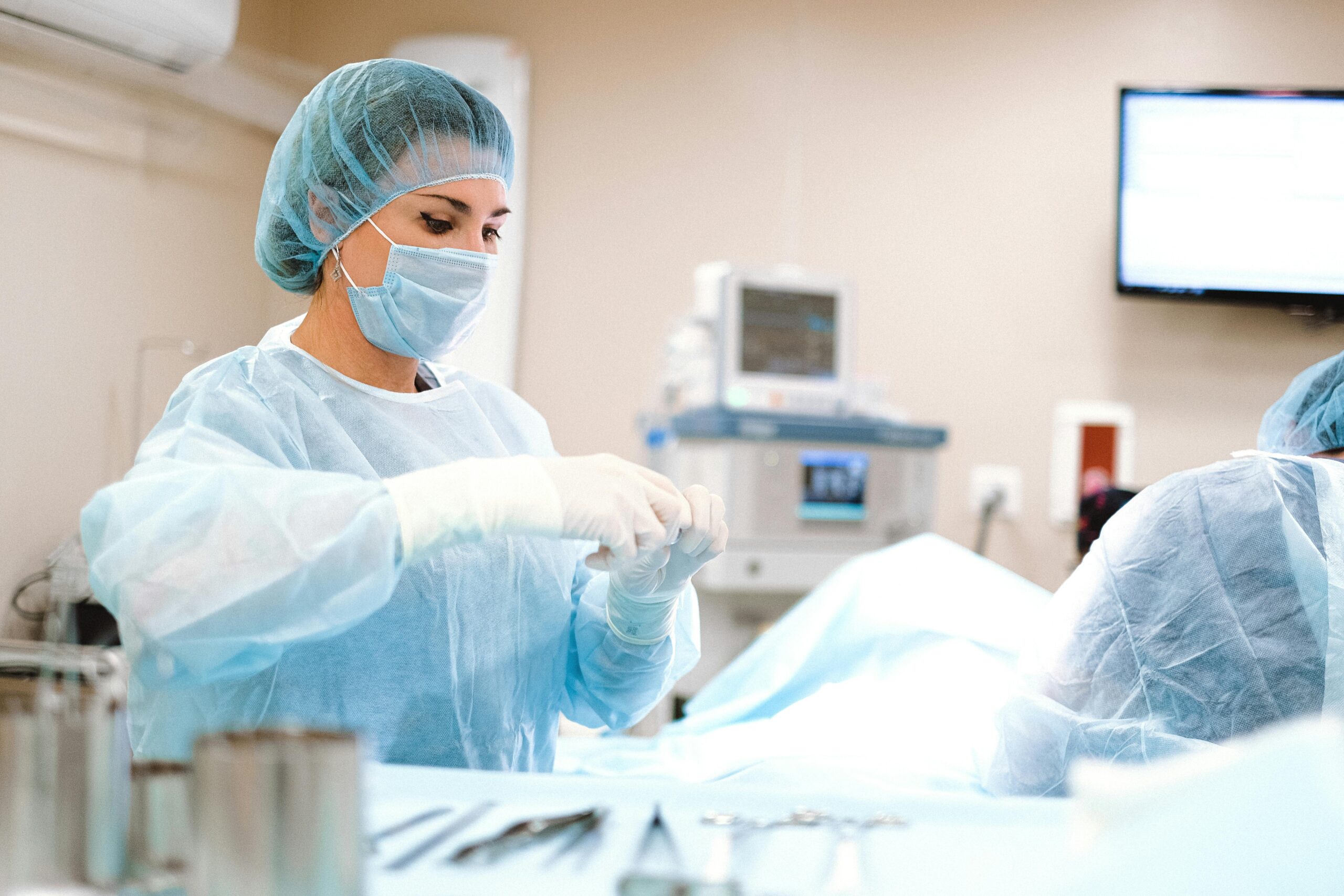
Welcome to the CRNAEducation.com blog! To kick off our writing prowess, we wanted to start with the basics- What is a CRNA? Let’s break it down.
Certified Registered Nurse Anesthetists (CRNAs) are registered nurses that specialize in anesthesia. We administer anesthesia alone or with a team during surgeries and other procedures. We also monitor and take care of patients while under anesthesia and during recovery.
CRNA responsibilities include:
- Identifying potential individual risks as they relate to anesthesia, such as allergies or health issues.
- Informing patients about anesthesia and what to expect before, during, and after anesthesia administration.
- Monitoring patient’s physical response to anesthesia.
- Providing the correct, precise dose for each patient depending on factors such as weight, age, underlying health conditions, etc.

CRNA’s work in:
- Operating Rooms (OR)
- Recovery Rooms
- Emergency Rooms
- Labor and delivery units
- Outpatient centers
- Doctor’s offices
- Dentist’s offices
The difference between CRNAs and Anesthesiologists comes down to our difference in education. Anesthesiologists have their doctoral degree in medicine or osteopathic medicine. CRNAs are registered nurses that have a doctoral degree from a nurse anesthesia program and have passed the National Certification Exam for Nurse Anesthetists. Anesthesiologists and CRNAs actually administer and monitor anesthesia the same way.
To become a CRNA, you must:
- Have a bachelor’s degree in nursing (or a similar field)
- Be a registered nurse
- Work as a registered nurse for at least 1 year in an ICU.
- Graduate from an accredited nurse anesthesia program. These programs are 3 years long and result in a doctoral degree!
- Pass the National Certification Exam for Nurse Anesthetists
In all, becoming a CRNA takes 7 to 10 years, on average. You will also have to complete continuing education credits every 4 years, which is where we come in! Depending on your 4-year cycle, you will have to complete 60 Class A Credits and possibly also complete the CPC Core Modules. You must also complete 40 Class B Credits, which can be Class A Credits or fieldwork, volunteering, etc.
